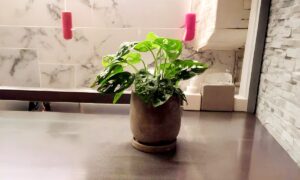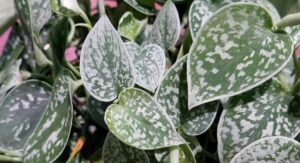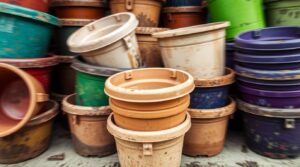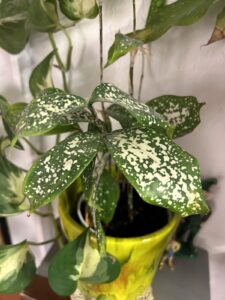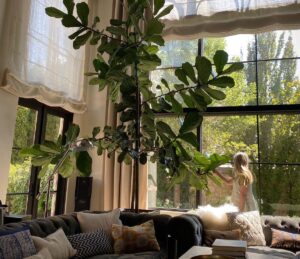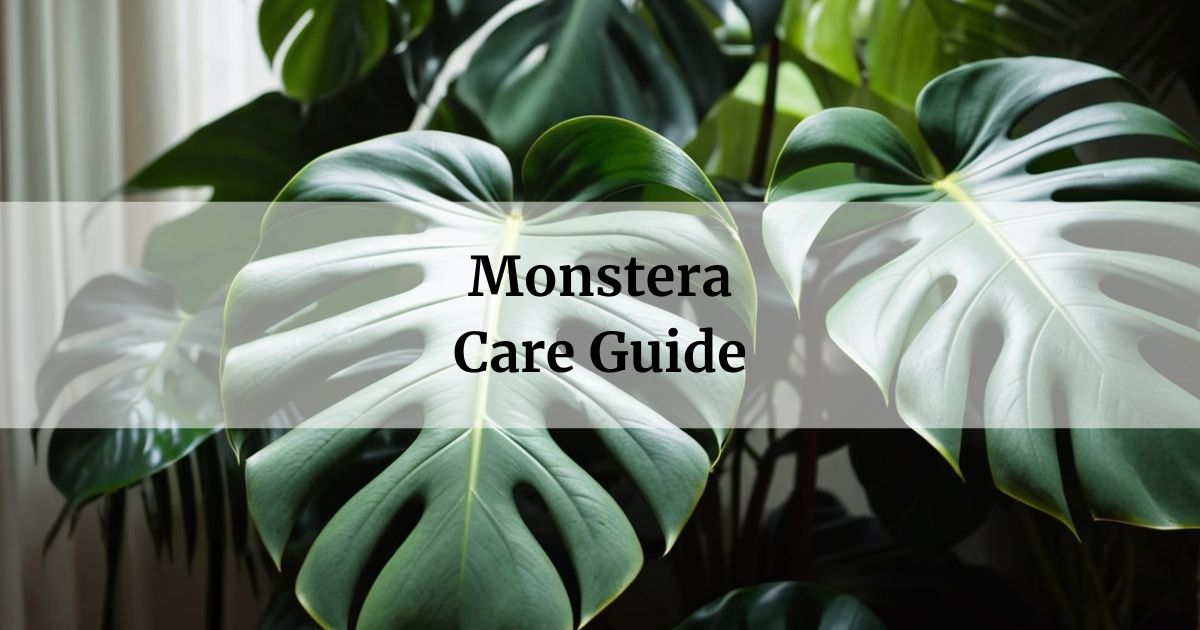
Monstera (Monstera deliciosa) is one of the most popular houseplants around. With its intriguingly fenestrated leaves and tropical appearance, it adds a sense of easy indoor jungle vibes.
Key takeways
- Needs bright, indirect light
- Water when top inch of soil is dry
- Fertilize monthly in spring and summer
- Pot in well-draining soil in container with drainage holes
- Propagate from node cuttings or fully rooted plants
In this article
Appearance of the Monstera
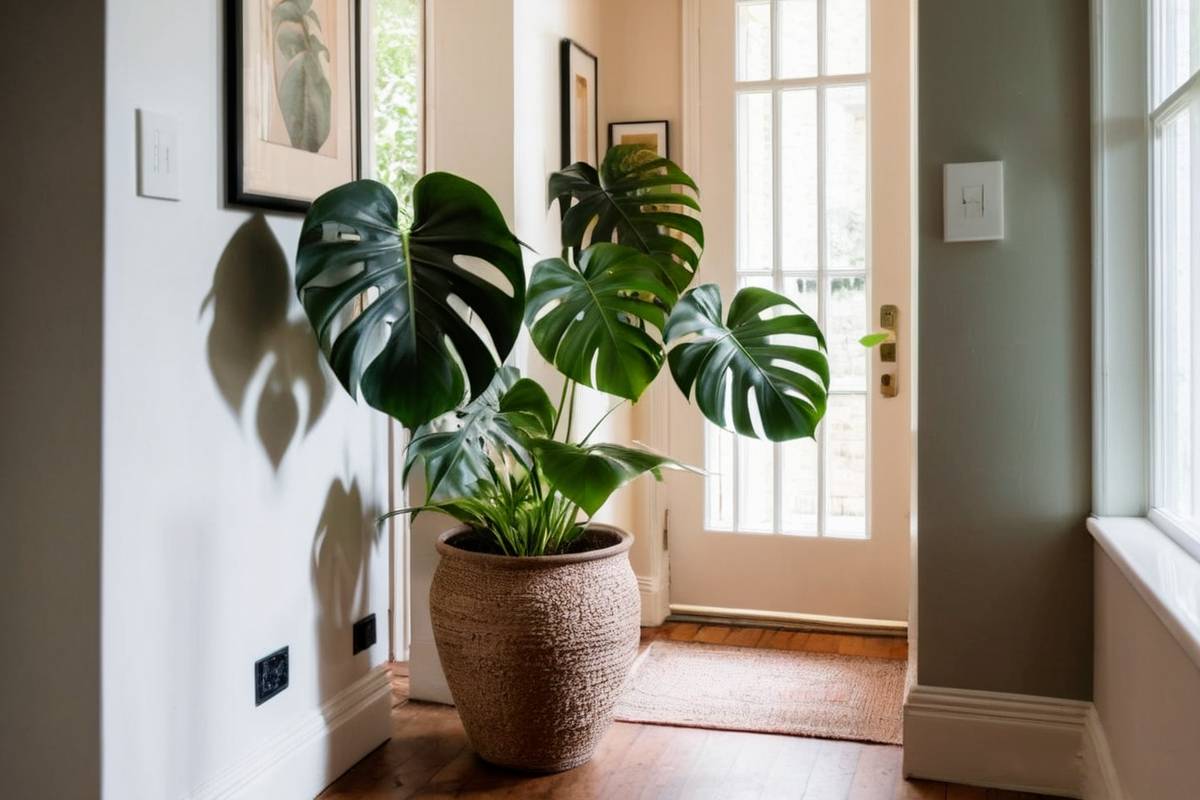
Monstera have large, perforated leaves that can grow up to 2-3 feet long. The leaves are deep green with distinctive holes or fenestrations that resemble Swiss cheese. As the plant matures, the fenestrations become larger. Monstera is a vigorous grower that can climb or trail, making it perfect for hanging baskets.
Light Requirements for Monstera
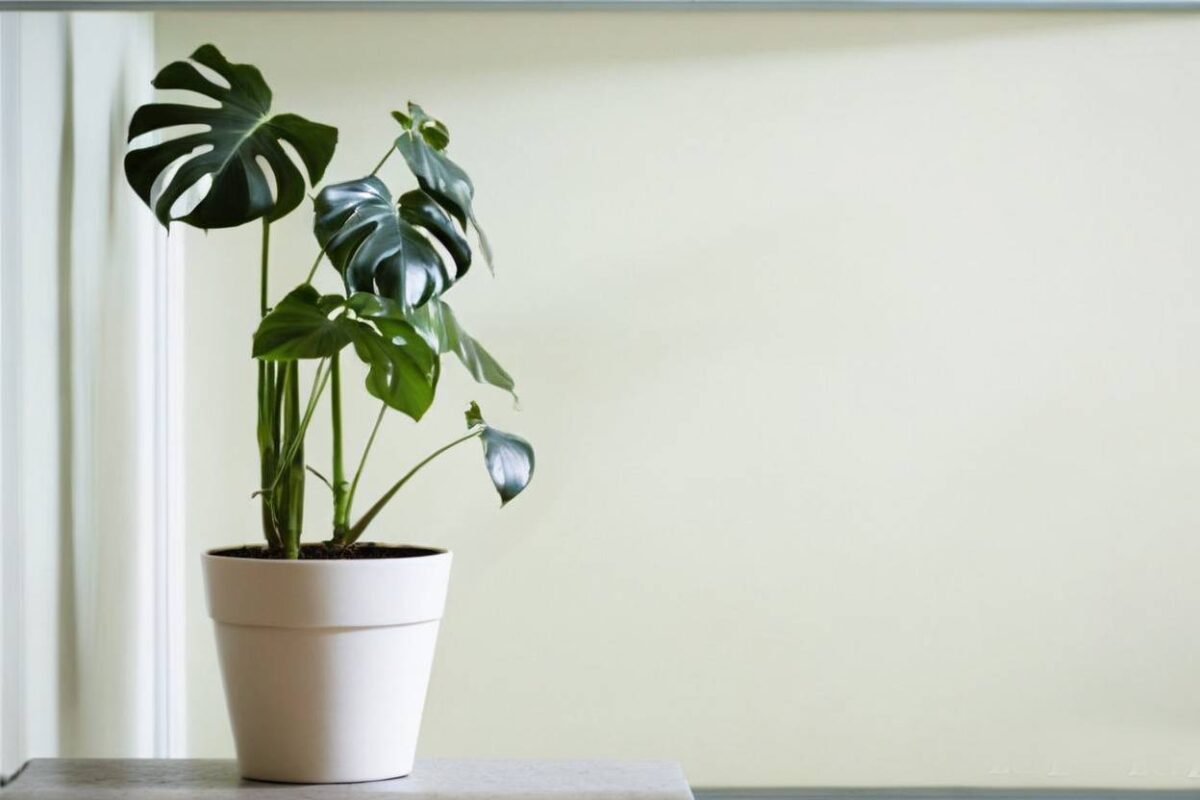
Monstera grow well in bright, indirect light. Direct sunlight can scorch the leaves, so keep them out of direct sun beams.
For indoor growth under artificial lights, make sure to position the plant 3-4 feet from a south- or west-facing window to prevent burning.
| Light Conditions | Effect on Monstera |
|---|---|
| Bright Indirect Light | Happy plant with large leaves and fenestrations |
| Low Light | Fewer fenestrations, leggy growth |
| Direct Sunlight | Leaf burn likely without acclimation |
Watering the Monstera
- Water when the top inch of soil is dry.
- Monstera are susceptible to root rot, so allow the soil to dry out between waterings.
- Use tepid water at room temperature and water thoroughly until water drains from the drainage holes.
Fertilizing the Monstera

Indoor Plant Fertilizer Pellets
Apply a balanced, water-soluble houseplant fertilizer monthly during the spring and summer growing seasons. Dilute the fertilizer to half or quarter strength according to label instructions.
| Month | Recommended Dosage |
|---|---|
| Spring (March-May) | Half strength every 2-3 weeks |
| Summer (June-August) | Half strength every 2-3 weeks |
| Fall (September-November) | Quarter strength monthly |
| Winter (December-February) | Rest, no fertilizer |
Potting the Monstera
Use a well-draining soil mix and a container with drainage holes. Repot only when roots grow out the drainage holes, typically every 1-2 years. Disturb the roots as little as possible when potting to minimize stress on the plant.
Propagation of Monstera
Take a 6-8 inch stem node cutting with at least 2-3 nodes. Remove the bottom leaves and place the stem in water. Place in bright, indirect light and roots should form in 4-6 weeks. Repot in soil once an established root system forms. You can also divide offshoots from the mother plant.
Growth and Development of Monstera
Monstera thrive in humid conditions around 50-60% and temperatures between 65-80°F. They’re slow growing as houseplants but mature into impressive floor plants or climbers up to 10 feet tall outdoors in tropical climates. Continue providing indirect light and regular feeding and watering to encourage large, dramatic leaves.
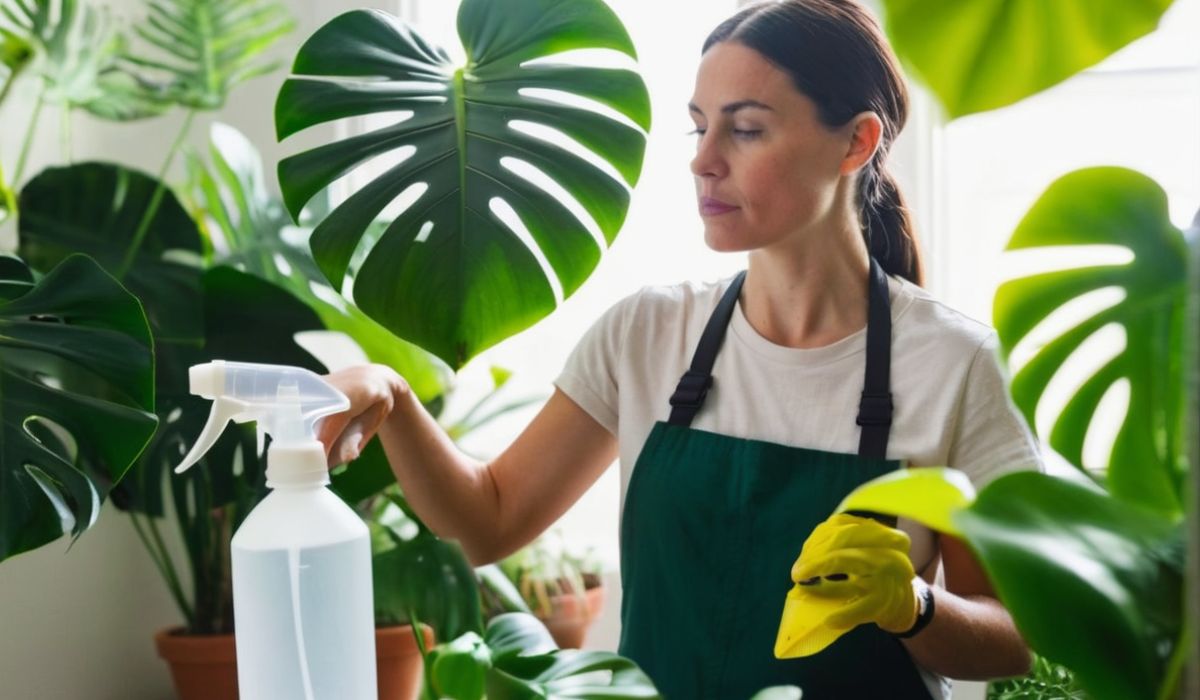
Speaking from my own personal experience, I found that my Monstera seemed to really take off when I started misting the leaves with a spray bottle each day. Within a few months, I noticed several new leaves unfurling at once. A thorough misting seemed to make my Monstera really happy.
Managing Pests and Diseases for Monstera
Most common issues are spider mites which show as webbing or stippling on leaves. Isolate affected plants and wipe down leaves with a damp cloth. Treat with insecticidal soap if infestation persists. Provide good air circulation and humidity to prevent fungal or bacterial leaf spots.
Frequently asked questions
How long does it take Monstera cuttings to root?
Rooting cuttings usually takes 4-6 weeks in warm, humid conditions.
Can Monstera climb?
Yes, given a moss pole, Monstera will climb and use the pole for support as the leaves enlarge. This displays the full foliage effect.
How much sunlight do Monstera need?
Monstera do best in bright, indirect light. Direct sun can scorch leaves, so keep them out of direct beams but near a sunny window.
With their tropical good looks and easy-care needs, Monstera make wonderful indoor plants. With the right growing conditions, their huge leaves with intricate fenestrations create a sense of indoor jungle in any home.
YOU MAY ALSO LIKE: My Top 5 Beautiful Houseplants
Happy gardening!

